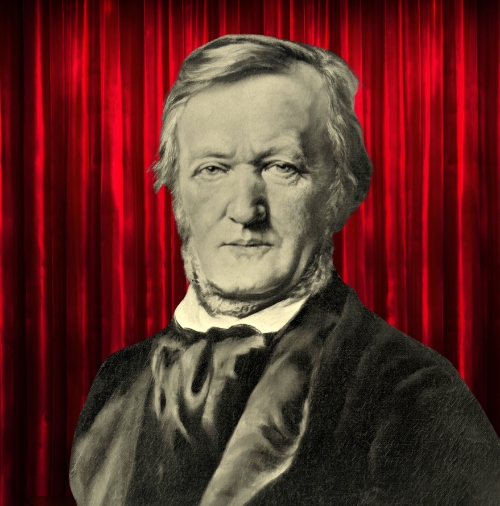

Richard Wagner remains one of the most influential and controversial figures in the history of classical music. His revolutionary approach to composition, ambitious operatic visions, and complex personality have left an indelible mark on the musical world and beyond. This column explores Wagner's life, his groundbreaking contributions to opera, and his enduring legacy.
Born in Leipzig, Germany, Wagner showed an early interest in the arts, particularly theater and music. Despite a somewhat unstructured education, his prodigious talent and determination led him to pursue a career in composition. Wagner's early works, including his first operas, were marked by a passionate desire to innovate and break away from the established conventions of his time.
Wagner's concept of the Gesamtkunstwerk, or "total work of art," revolutionized opera. He envisioned combining music, poetry, drama, and visual spectacles to create a unified and immersive experience. He expressed the idea in his monumental cycle of four operas, "Der Ring des Nibelungen" (The Ring of the Nibelung), which remains a crucial part of the opera repertoire.
Wagner's innovations in harmony, orchestration, and operatic structure were groundbreaking. He expanded the traditional tonal system, paving the way for modern music with his use of chromaticism. One of his most significant contributions to music was the development of the leitmotif—recurring musical themes associated with specific characters, places, or ideas. These leitmotifs create a complex web of musical and emotional associations throughout his operas, allowing for deeper narrative and psychological exploration. For example, in "The Ring Cycle," each character and central concept is associated with its distinctive leitmotif, creating a rich tapestry of interwoven themes that evolve and develop as the story progresses.
Wagner's vision extended beyond his compositions to how his works were performed. He designed and built the Bayreuth Festspielhaus, a theater specifically for the performance of his operas. The first Bayreuth Festival in 1876 premiered the complete Ring cycle, establishing a tradition that continues today. The Bayreuth Festival remains a pilgrimage site for opera lovers worldwide, dedicated exclusively to Wagner's works.
Wagner's life was not without controversy. His outspoken views on politics and society, particularly his anti-Semitic writings, have cast a shadow over his legacy. Despite this, his contributions to music and opera are undeniable. Wagner's works inspire, challenge, and captivate audiences, musicians, and scholars.
Wagner's influence extends beyond the realm of music. His ideas on art, culture, and society have permeated literature, philosophy, and film. Composers such as Gustav Mahler, Richard Strauss, and even Hollywood film composers have drawn inspiration from Wagner's innovative techniques and grand visions.
Richard Wagner's impact on opera and classical music is profound and lasting. His ambitious creations, pioneering ideas, and the sheer scale of his operatic works continue to shape today's music landscape. As we celebrate his genius, we also recognize the complexities of his character, acknowledging both his artistic brilliance and the darker aspects of his legacy.
For those passionate about opera and classical music, exploring Wagner's works offers a journey into the depths of human emotion, myth, and artistic innovation. Join us at European Opera Tours as we delve into the world of Richard Wagner, experiencing his masterpieces in the very places they were meant to be heard.